Affiliate links on Android Authority may earn us a commission. Learn more.
I'm never investing in Google's smart home ecosystem again
Published onMay 6, 2023
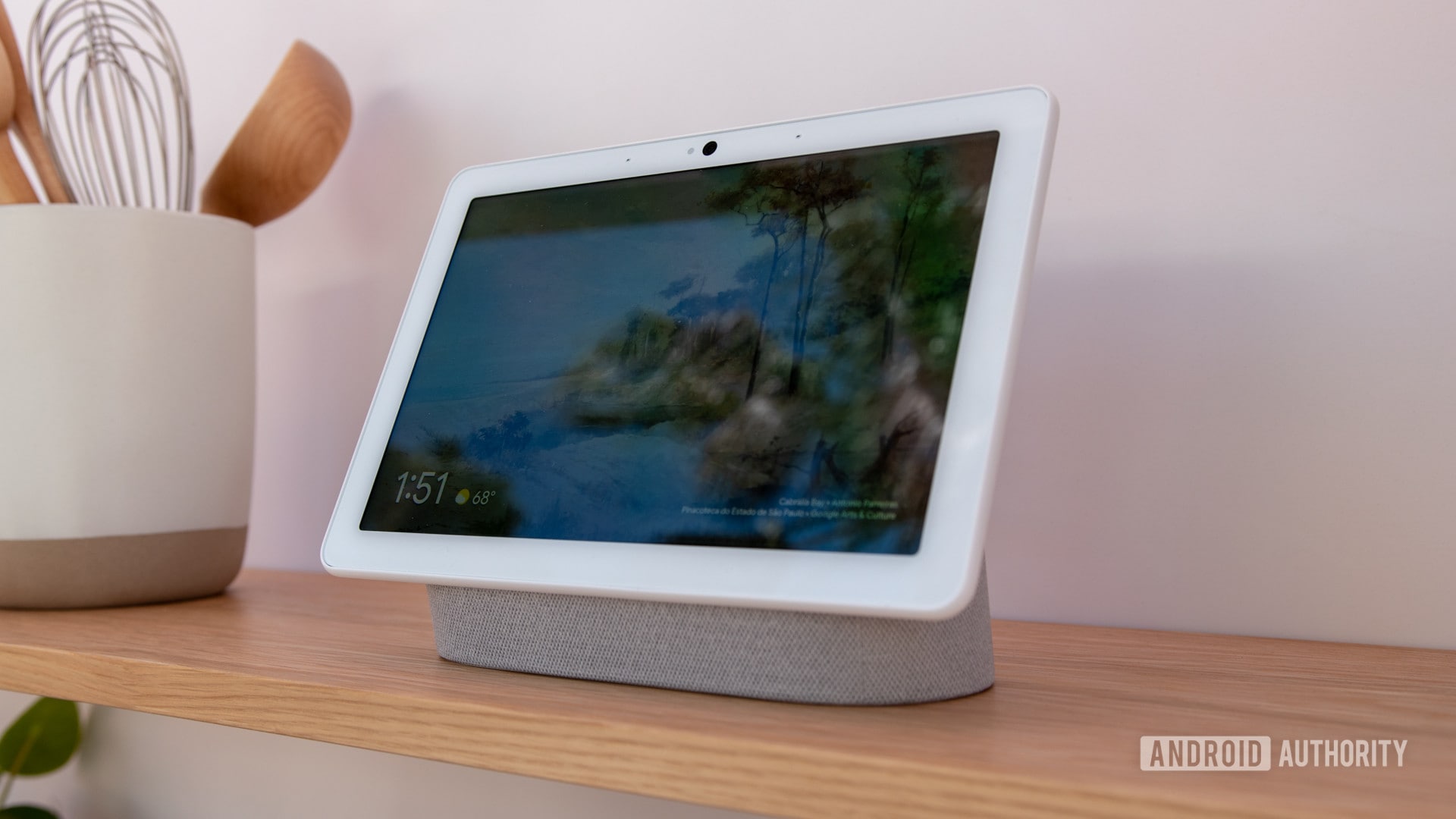
I believe in a future where homes are connected, smarter, and automated enough not to require switches or repetitive voice-based input. However, till we get there, I’ve been documenting my journey in creating an affordable, fully connected home and have invested a lot of money in picking up some of the best Google Home accessories. In fact, I was first in line to get a Google Home speaker when it launched as my smart home’s central hub. But I’m not going to beat around the bush here. I’m done with Google. Here’s why.
Are you satisfied with Google's smart home products?
Google keeps self-sabotaging its smart home ecosystem
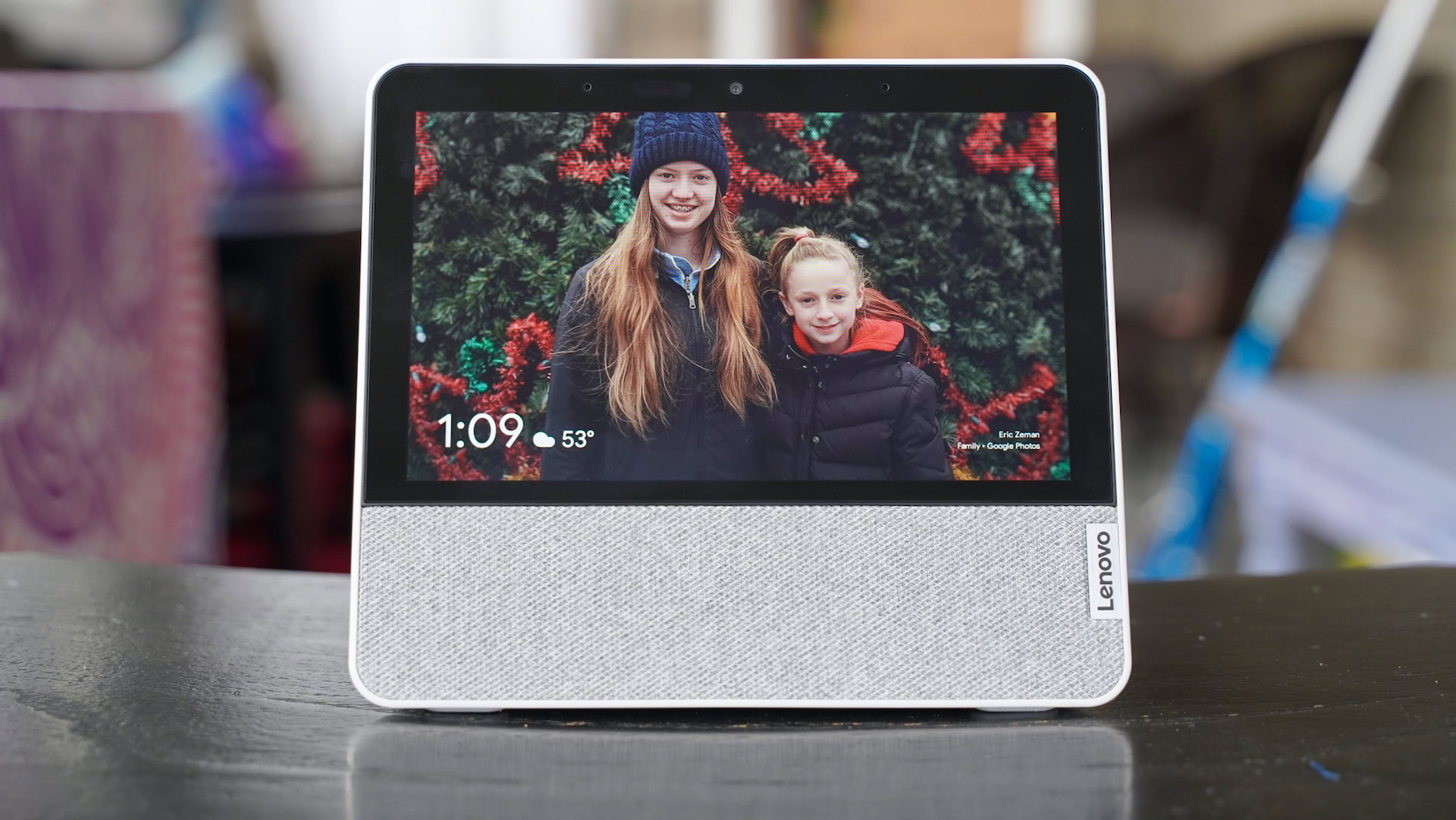
Google’s directionless approach towards where it envisions its smart home ecosystem has been a long time coming. However, the recent spate of announcements killing additional features on the Nest Hub and support for third-party smart displays was the last straw for me.
A few weeks back, Google announced it would no longer issue software updates or support new features on Google Nest alternatives like the Lenovo Smart Display, JBL Link View, or any other Google Assistant-compatible smart display. This follows an earlier update in January that disabled the web browser on all non-Nest Hub displays, rendering my Lenovo Smart Display rather useless.
Google is clearly pushing users to its in-house products, but its not as if those are immune to the directionless approach.
To me, it’s clear. Google intends to push users toward the company’s in-house product portfolio of smart home gear. That would make a lot of sense if the Nest smart home products offered an infallible experience. Unfortunately, the Nest Hub, too, is not immune to Google’s directionless approach.
Alongside the feature cuts to third-party hardware, Google has recently killed support for Assistant voice apps and games on its own hardware. So if you’ve been using the Nest Hub to call up educational experiences for your children or to kill time, you’d better enjoy it all you can until June 2023.
Killing product lines and features isn’t restricted to just the Nest Hub line either. As we’ll talk about later in the article, it’s a malady that afflicts practically every segment of Google’s smart home ecosystem. And I, for one, am done having to find workarounds.
I’m done working around Google’s mess
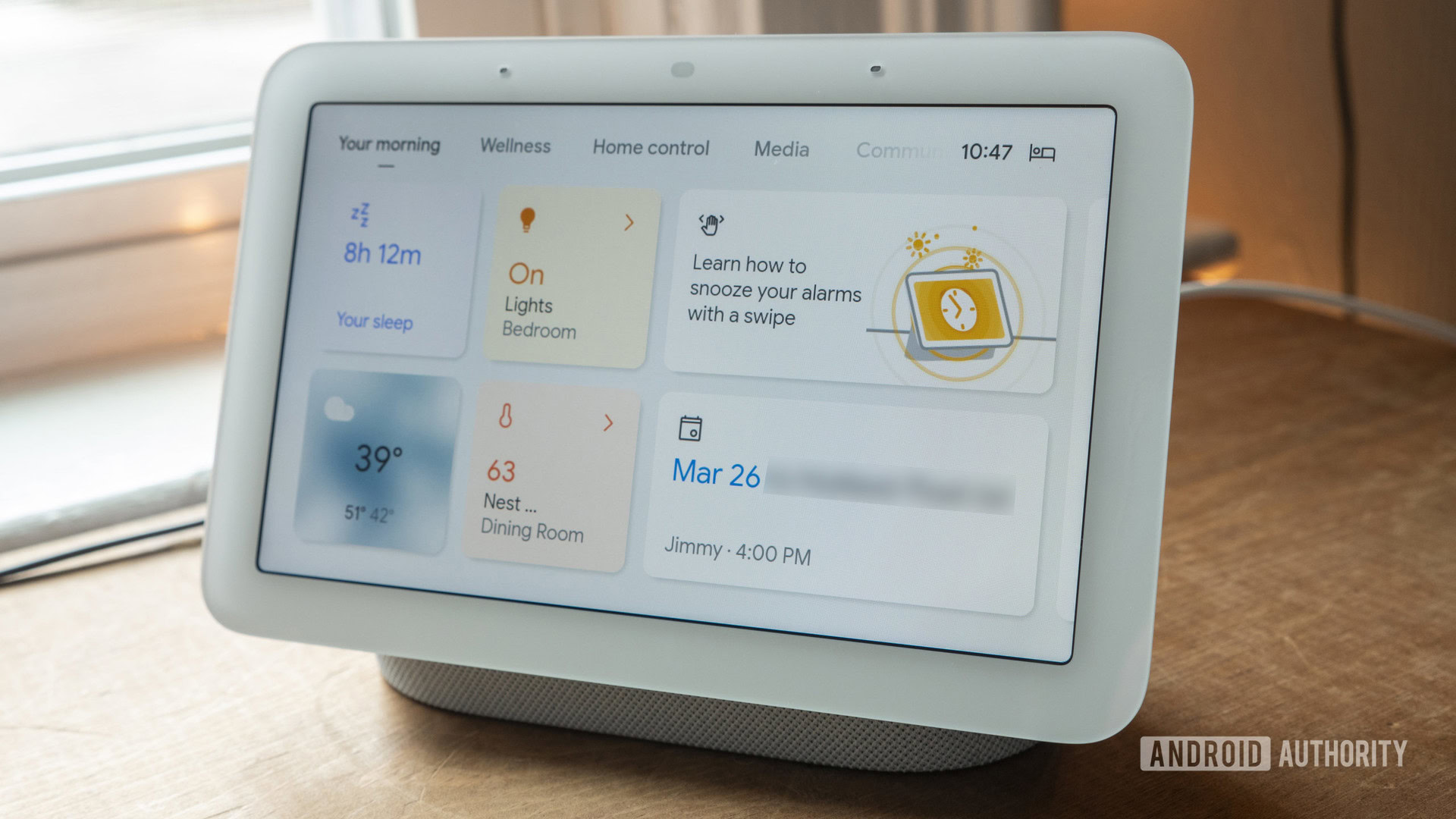
I’d understand some of these moves if the rest of the Nest Hub experience lived up to the promise. However, the fact is that Google has been dropping the ball on the overall experience for a while now.
Ever since the Fuschia OS upgrade landed up on my Nest Hub, the user experience has been in a free fall. Voice prompts don’t always work; when they do, they often present irrelevant information. Just the other night, my Google Nest Hub gave me a brief history of bagels when I asked about the weather. All too often, music playback stops, and sometimes, never even starts. Meanwhile, my colleague penned down her woes with something as basic as setting up her Google Home Mini following the Sonos lawsuit. Suffice it to say, it’s not pleasant.
The Fuschia OS upgrade and tiff with Sonos have further degraded an already iffy user experience.
Google’s tiff with Sonos over patent infringement and proprietary technology further added to my woes. It made it impossible to adjust volume levels across a multi-speaker group using a single slider. Similarly, using my phone’s volume keys, I can no longer adjust volume levels for a smart speaker. As an end consumer, I shouldn’t have to deal with the repercussions of Google’s corporate dealings, yet here we are.
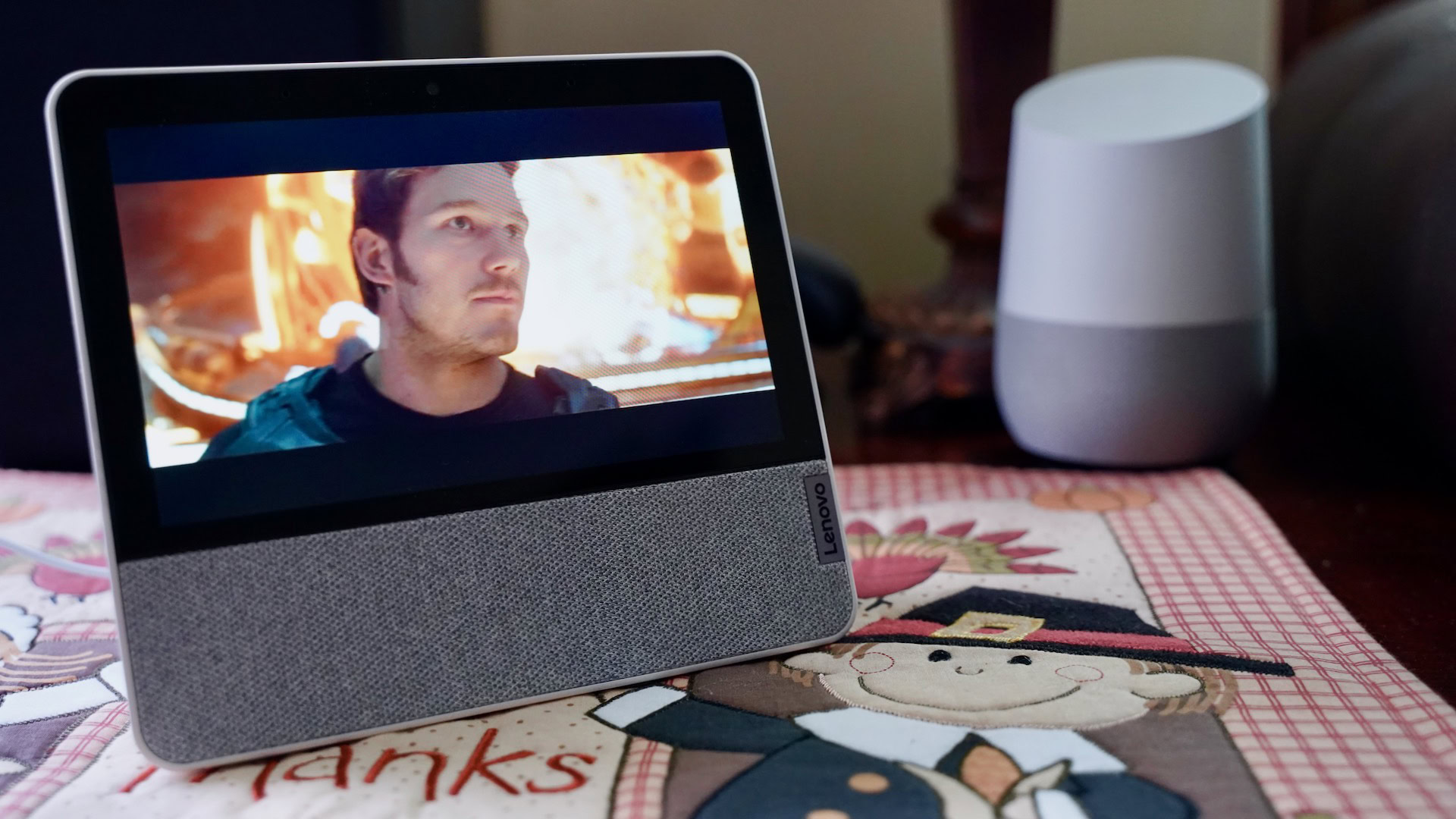
It doesn’t end there, though. The aforementioned update on the Lenovo Smart Display nerfed the one thing I used it most for — streaming web video content in the kitchen. Not to mention the general sluggishness I’ve been facing for a while now. I’m afraid I will end up with a gigantic piece of plastic e-waste despite the hardware being more than serviceable for its intended task. That’s not the future I was promised, nor am I okay with being forced to buy new hardware because Google can’t decide what it wants to do.
The lack of trust in Google’s smart home ambitions isn’t mine alone. My family members bought into Google’s Nest Secure home monitoring solution a few years ago on my recommendation. Launched in 2017, Google unceremoniously pulled the plug on the product in 2020 and has officially deprecated it as of 2023.
I struggle to understand what Google is thinking; the upgrade cycle for a security system should be measured in ten-plus years, if not more. Certainly not a scant few years like a smartphone. Sure, Google is happy to discount some users on their new ADT-based home security solution, but for many people, that means calling in the professionals. Try reasoning with middle-aged Indian uncles in New Jersey over a video call that they’ll have pull out their home surveillance system because Google decided to stop supporting it. Fun times.
One time is a mistake, thrice is a pattern
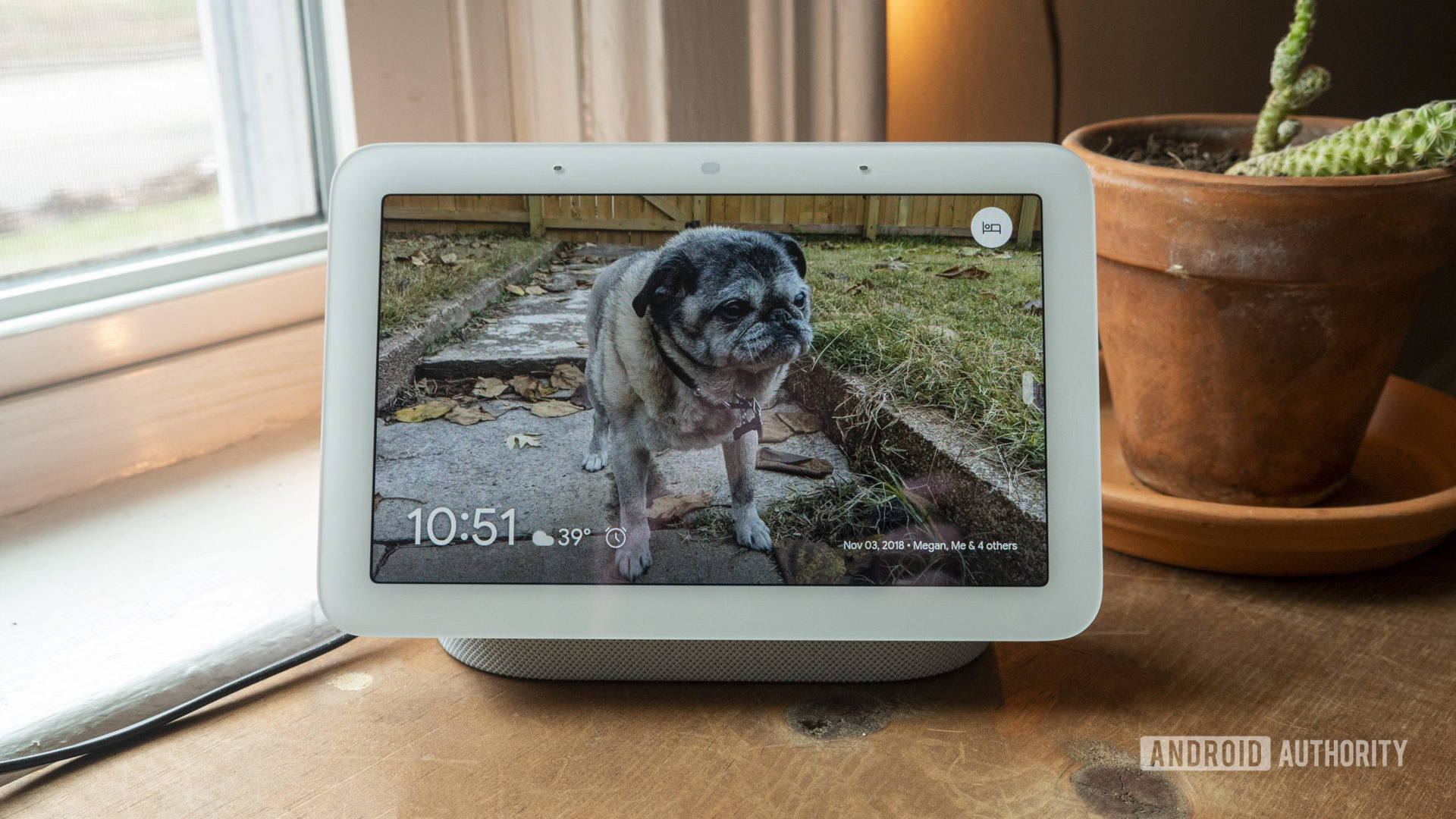
I can understand a misstep or a failed product or two. It happens. However, constant self-sabotage with Google’s smart home portfolio has left me completely jaded. In some ways, it reflects the increasingly insular nature of the connected devices industry. I know Matter is trying to correct that; however, Matter is far from maturity. Google, on the other hand, is further still. At least as far as smart home ecosystems are concerned.
I'm gradually phasing out Google hardware from my home, and you should consider it too.
The fact remains that the paying customer shouldn’t have to struggle. Unlike a smartphone, a smart home product affects everyone in a home. Expecting customers to deal with Google’s changing whims and fancies or telling a child they can no longer play their favorite game because Google decided to change its development strategy is not what users signed up for. If Google wants to rebuild trust in its smart home strategy, it must portray a strong vision of the future — both for software and hardware.
As it stands, I’ve lost all faith in the company and am gradually phasing out all Google hardware from my home. It barely works as is. Step by step, my goal is to build out an entirely self-hosted ecosystem. Since I only use my Google Nest speakers and displays for music, replacing them won’t take much. I’d urge you to look elsewhere as well.